Intentar ORO - Gratis
FOWL FACTS
Hobby Farms
|March - April 2024
Let's explore some random poultry facts ... from a possible bird brain!

I was raised on a California coastal farm that was an actual commercial chicken farm. My grandfather housed about 20,000 laying hens and sold eggs to an early egg
wholesaler. By the time I reached my teen years many decades ago, I had raised lots of baby chicks, gathered thousands of eggs and thought I knew all there was to know about chickens. Turns out, and the truth is, I’m still learning about chickens, eggs, and other poultry.
For this article, I’ve decided to take on some of the facts I’ve accumulated and will try to put them forward. Before I do so, I must give a bit of a disclaimer. As most will agree when talking species, there are always exceptions to the rule and some disagreements may result. Anyway, here goes!
JUST THE FACTS
Just to get things started, we should start with some basic terminology. You can fact-check this if you want, but this is outside the realm of argument. Baby chickens are called chicks. They grow into either cockerels or pullets. Cockerels turn into roosters at maturity, and pullets become hens.
However, exactly when a pullet becomes a hen could be up for debate. A “started” pullet means they no longer need a brooder light for warmth but have not laid their first egg. In some parts of the country, pullets remain pullets until they lay their first egg, but others say a pullet is a pullet for a full year.
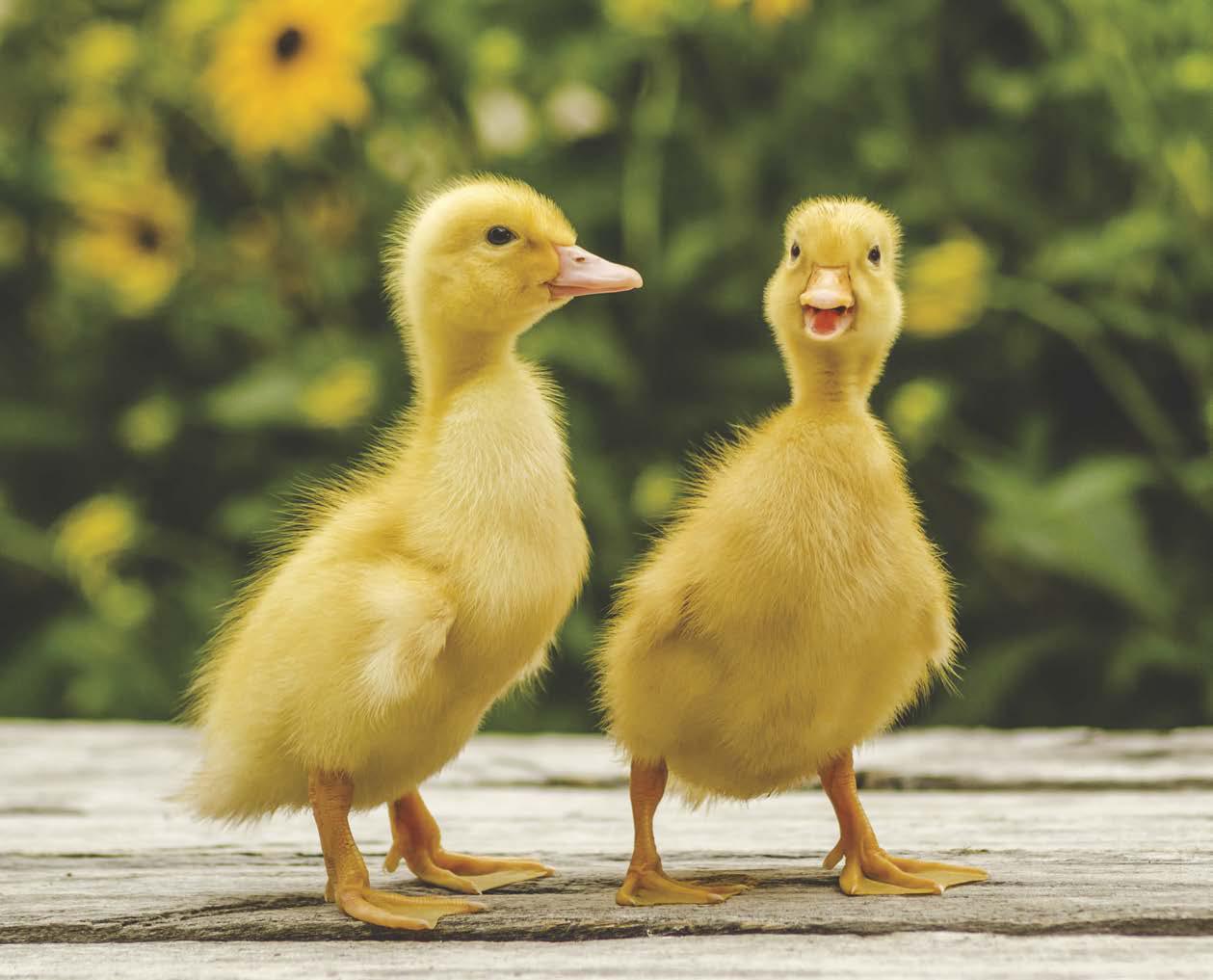
Esta historia es de la edición March - April 2024 de Hobby Farms.
Suscríbete a Magzter GOLD para acceder a miles de historias premium seleccionadas y a más de 9000 revistas y periódicos.
¿Ya eres suscriptor? Iniciar sesión
MÁS HISTORIAS DE Hobby Farms

Hobby Farms
Fermented Bruschetta
It's tomato time, so use those ripened, garden-grown beauties to ma make some fermented bruschetta! This recipe will show you how.
2 mins
July/August 2025
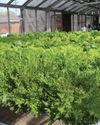
Hobby Farms
Raising Plants Hydroponically
This issue's column comes from a slightly different perspective, as producing plants hydroponically is a practice that hasn't yet caught on with many farmers. Yet, it could certainly fit very easily into any number of farming operations.
7 mins
July/August 2025

Hobby Farms
HEALTHLY HIVES
Nurturing a beehive can turn out to be nearly as sweet as the liquid gold found at the end.
7 mins
July/August 2025

Hobby Farms
Assessing Market
As your hobby farm grows from pleasure toward profit, consider the next step: a farmers market.
7 mins
July/August 2025

Hobby Farms
METAL TOXINS & DUCKS
Poisoning from metal toxins is a surprisingly common issue in backyard duck flocks.
4 mins
July/August 2025
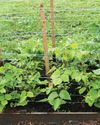
Hobby Farms
Big Bean Bonanza!
With literally thousands of varieties available, there’s bound to be a bean or two that will suit your growing conditions and please your palate.
6 mins
July/August 2025
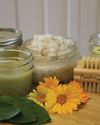
Hobby Farms
Herbal Hand Healers
Create a hand scrub and lotion from your garden.
7 mins
July/August 2025
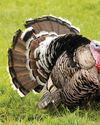
Hobby Farms
NARRAGANSETT TURKEY
Narragansetts are meat turkeys known for being very prolific, broodiness and possessing calm dispositions.
1 min
July/August 2025
Hobby Farms
Plant Cukes In July
If you live somewhere in USDA hardiness zones 5, 6 or 7 and you want a bigger, better cucumber harvest, sometime during the first two weeks of July is an excellent time to plant more cucumbers.
2 mins
July/August 2025

Hobby Farms
LARGE BLACK HOC
The Large Black is a docile heritage breed of swine originating in England improved from the Old English Hog from the regions of Devonshire and Essex.
1 min
July/August 2025
